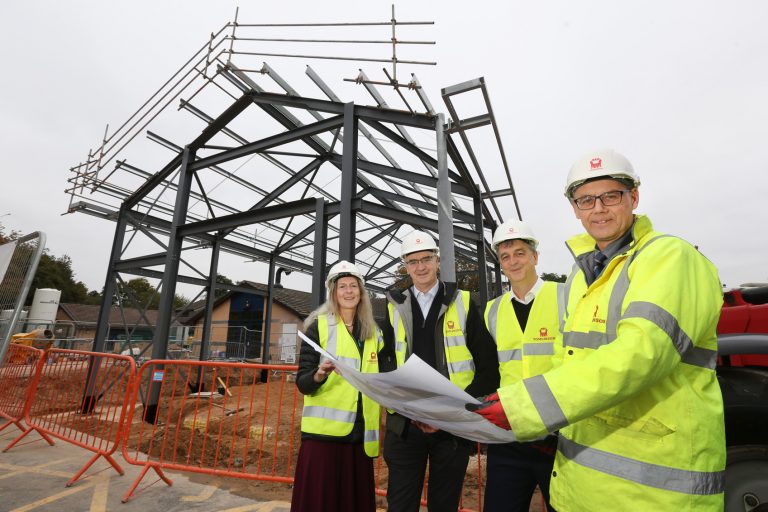Derby-based manufacturer Light Science Technologies Holdings has renewed its 12-month distribution framework with Gavita International, a major supplier of horticultural lighting.
The agreement continues to cover the distribution of Gavita’s lighting systems for controlled environment agriculture, including installations across glasshouses, polytunnels, and other indoor growing facilities. It supports Light Science Technologies’ AgTech division, which develops solutions to enhance sustainable food production in response to global food security and climate challenges.
Since the collaboration began in early 2025, the pipeline of potential projects linked to the agreement has more than doubled, rising from around £10 million to over £24 million. The company has already completed international installations under the partnership, including a project in Poland, and is pursuing new opportunities across Europe and other markets.
Light Science Technologies continues to operate through its three divisions: controlled environment agriculture, contract electronics manufacturing, and passive fire protection. The extension of the distribution deal aligns with the firm’s strategy to expand its global reach and strengthen its position in sustainable agriculture technology.












